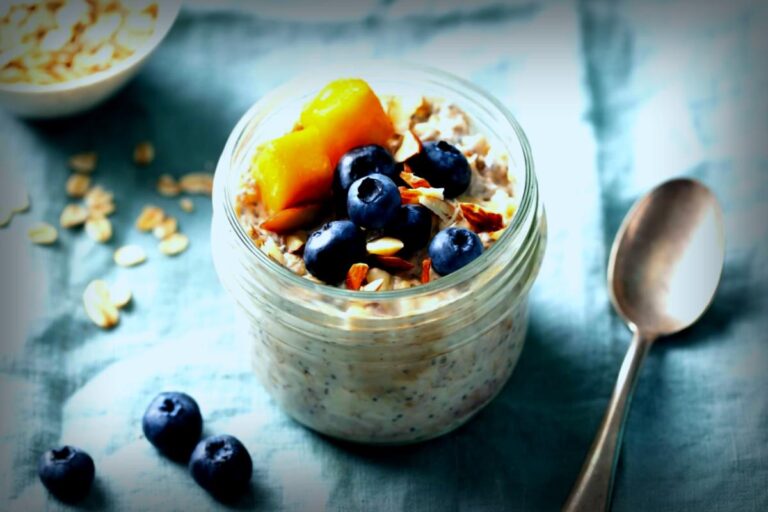A team of researchers from the National University of Singapore (NUS) has uncovered fascinating insights on how diet and exercise affect gene regulation in the skeletal muscles of East Asians. Their research spotlights the crucial connection between lifestyle factors and genetic expression, shedding light on metabolic health. You can check out their findings in the Journal Cell Genomics.
While previous animal studies and human research indicated that lifestyle influences gene expression, there’s been a scarcity of longitudinal studies tracking these changes, especially concerning East Asian populations who face metabolic issues at lower BMI levels. Unfortunately, most existing genomic data stems from research focusing on European samples, leaving Asian representation on the sidelines.
This comprehensive study involved a multidisciplinary approach, with a team incorporating clinical psychologists, metabolic disease experts, and bioinformaticians from NUS and the Agency for Science, Technology, and Research. Assistant Professor Boxiang Liu and Dr. Mei Hui Liu led the conceptualization and analysis of the study.
Over nearly three years, the researchers established a meticulously designed lifestyle intervention called the Singapore Adult Metabolism Study, Phase 2 (SAMS2). This phase aimed to recruit 265 overweight or obese East Asian adults for a significant 16-week program centered around supervised exercise and dietary modifications.
After thorough screening, 54 participants provided paired skeletal muscle biopsies both before and after completing the intervention, enabling the research team to dive deep into the effects of lifestyle changes on gene expression.
Thanks to these longitudinal samples, the researchers employed transcriptome sequencing, genetic profiling, and various clinical measurements to examine shifts in gene expression and splicing in the skeletal muscles due to lifestyle interventions.
The study produced the first comprehensive longitudinal dataset that tracks genetic regulation and gene expression changes in an Asian population subjected to lifestyle adjustments, serving as a vital resource for comprehending how lifestyle factors can alter the risk of metabolic diseases.
The analysis revealed impressive outcomes: participants, on average, shed around 10% of their body weight and enhanced their insulin sensitivity by roughly 30%. Transcriptome analysis identified 505 genes that underwent changes post-intervention, particularly within mitochondria and insulin signaling pathways.
Advanced genetic evaluations indicated the presence of numerous gene regulatory variants that showcased significant gene-lifestyle interactions. Specifically, 4.2% of expression variants and 7.3% of splicing variants were unique to individuals of East Asian descent. A comparison with existing Asian genetic studies unearthed 16 genes associated with metabolic traits, including notable risk genes like ANK1 and CRTC3.
Interestingly, some genetic risks diminished after participants made lifestyle adjustments, suggesting potential for lifestyle changes to help buffer genetic predispositions.
Looking ahead, the research team is set to broaden their study scope to incorporate female participants and diverse Asian subpopulations in a bid to grasp better the influence of sex and ancestry on gene-lifestyle dynamics. They also intend to leverage cutting-edge technologies like single-cell and spatial transcriptomics sequencing to delve deeper into how different muscle cell types respond to lifestyle alterations.
As Assistant Professor Liu puts it, “Our ultimate aim is to pinpoint potential genetic targets that pave the way for personalized treatment plans addressing obesity and diabetes. By grasping the interplay between lifestyle habits and gene regulation, we aspire to shape effective health strategies tailored to individual genetic profiles.”
Reference: Wenjing Wang et al, Impact of polymorphisms on gene expression and splicing in response to exercise and diet-induced weight loss in human skeletal muscle tissues, Cell Genomics (2025). DOI: 10.1016/j.xgen.2025.100951
Current updates by the National University of Singapore




















